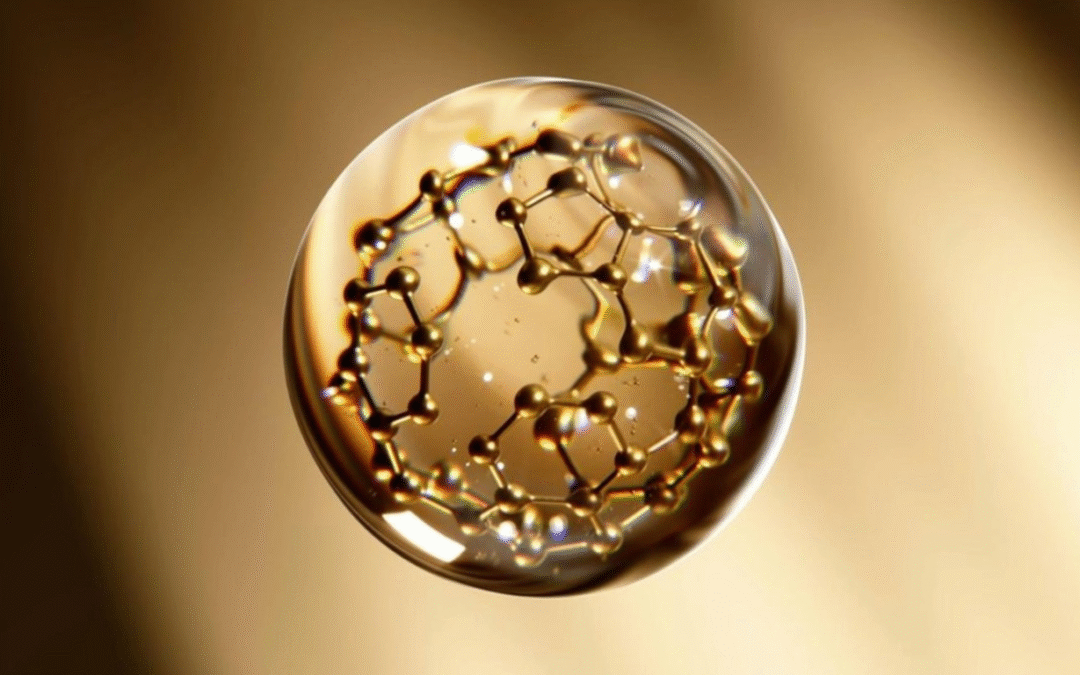Hair loss is not just a cosmetic concern—it’s often linked to genetics, stress, hormonal shifts, and even environmental damage. While traditional treatments focus on slowing hair fall or stimulating growth, science has recently introduced a game-changer: biomimetic peptides.
These powerful molecules are reshaping the way dermatologists and trichologists approach hair restoration. But what exactly are they, and why are they so effective? Let’s break it down.
What Are Biomimetic Peptides?
Peptides are short chains of amino acids—the building blocks of proteins. Biomimetic peptides are lab-engineered versions designed to mimic natural growth factors that already exist in the body.
In simple terms, they “speak the same language” as our cells, sending precise biological signals to activate dormant hair follicles, improve scalp health, and promote new hair growth.
How Do They Work for Hair?
- Reactivating Hair Follicles – Peptides stimulate the dermal papilla cells, which are the command centers of hair growth.
- Boosting Blood Flow – They improve microcirculation around follicles, ensuring better oxygen and nutrient delivery.
- Strengthening Follicle Anchoring – By enhancing collagen and extracellular matrix proteins, peptides help hair stay rooted for longer.
- Calming Inflammation – Many biomimetic peptides have anti-inflammatory properties, reducing scalp irritation that often worsens hair loss.
Why Peptides Are a Smarter Choice
Unlike minoxidil or finasteride—which may cause side effects or only target one pathway—biomimetic peptides work multidimensionally. They mimic natural processes, making them safer, more targeted, and highly compatible with the scalp.
Think of them as “personalized messengers” reminding your follicles to do what they’re naturally meant to do: grow strong, healthy hair.
Clinical Edge: Science Meets Results
Clinical studies have shown that peptide-based formulations can:
- Increase hair density and thickness.
- Shorten the telogen (resting) phase of hair.
- Prolong the anagen (growth) phase.
In fact, some modern hair restoration treatments now combine biomimetic peptides with PRP, exosomes, or microneedling to deliver even more powerful results.
The Takeaway
Hair restoration is moving beyond “one-size-fits-all” solutions. With biomimetic peptides, science is tapping into the body’s own language to restore not just hair growth but also confidence and self-image.
Whether used in topical serums, in-clinic treatments, or advanced cosmeceuticals, these intelligent molecules are proving that the future of hair care is not just cosmetic—it’s biologically smart.

